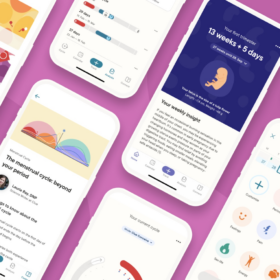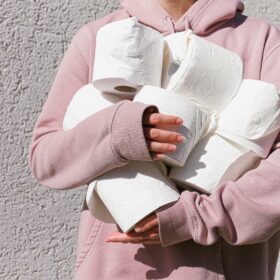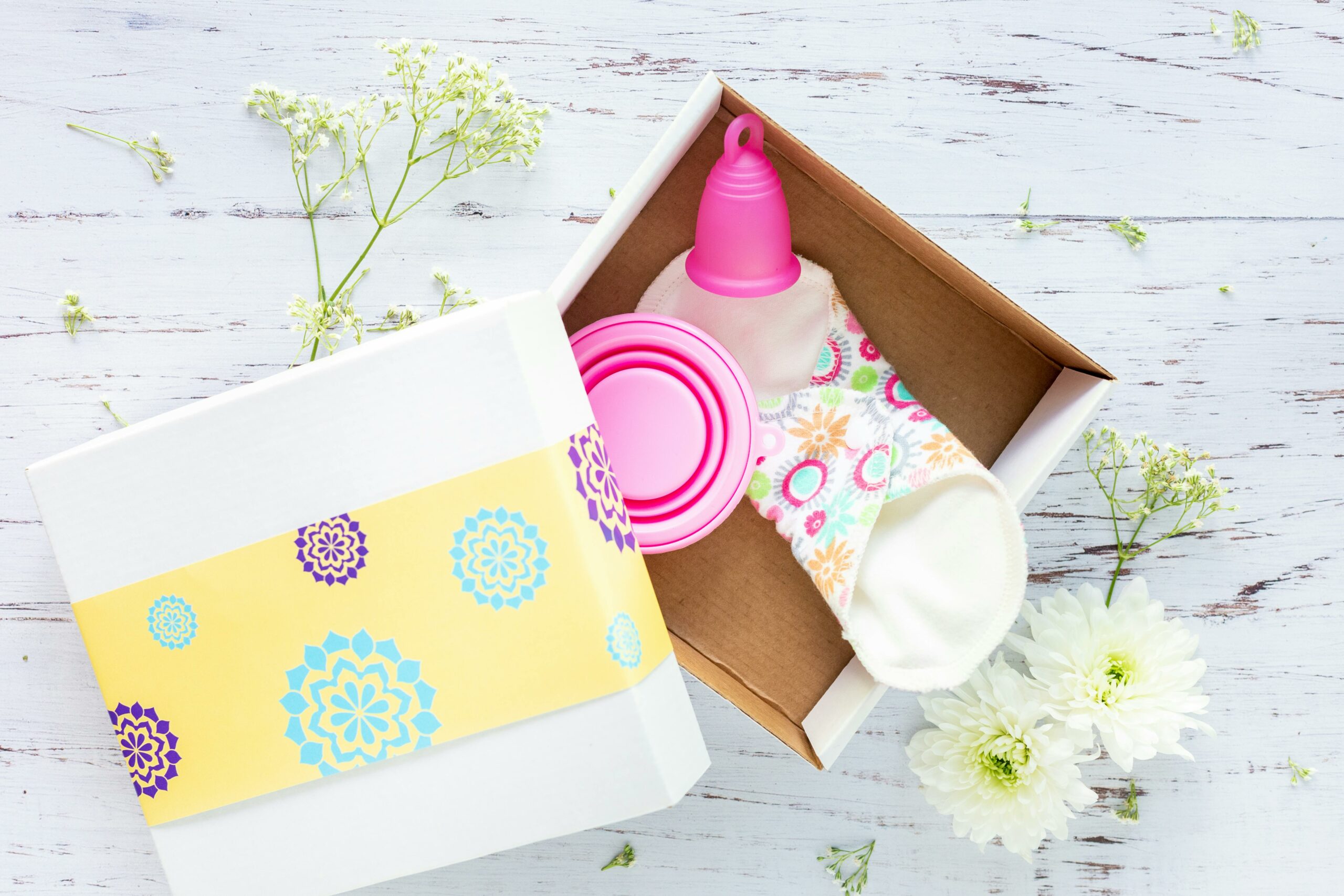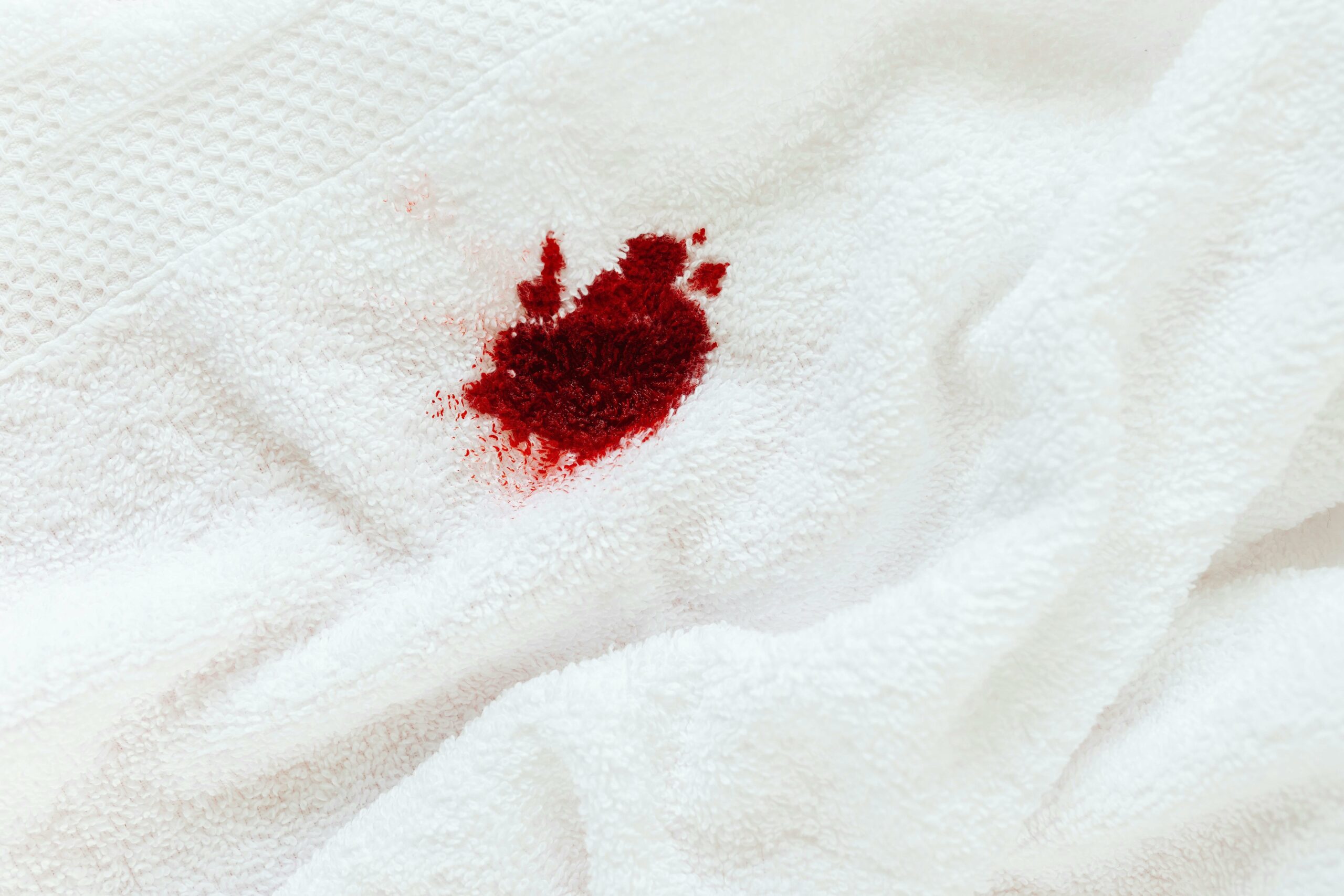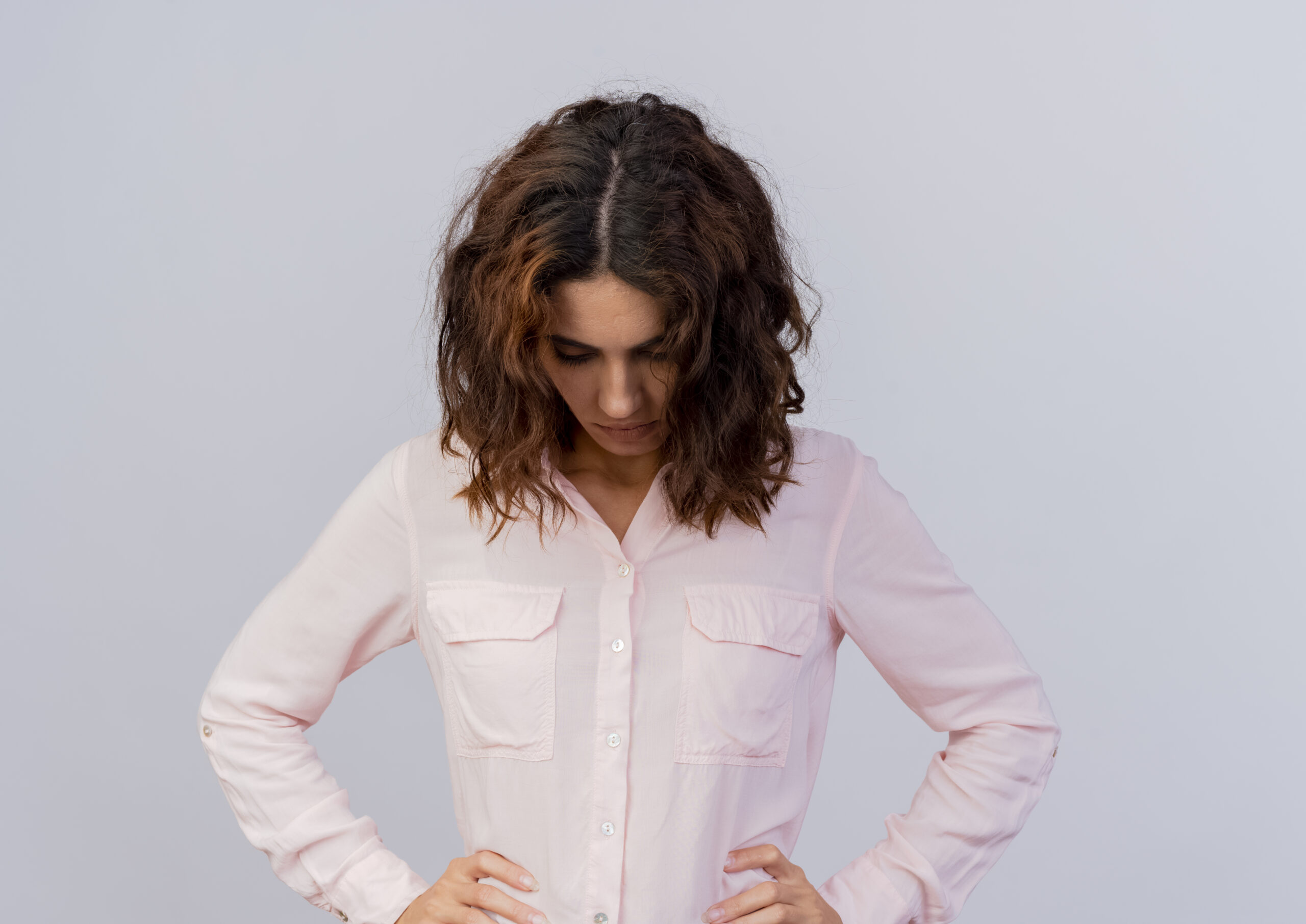
Period poo: The ins and the outs
What's the lowdown?
Changes to your bowels are common throughout your cycle
Progesterone rises before your period and can cause constipation
During a period, progesterone levels drop and prostaglandin hormones rise
Prostaglandins cause your bowel to contract more – leading to large or more frequent poos aka the period poo!
Are you sitting comfortably? People are pretty open about periods and menstruation these days, but one area that is still taboo is period poo. It’s something everyone with a uterus has probably experienced – some love it (#OddlySatisfying), some hate it.
Perhaps it’s not widely talked about due to fears of being the only one who experiences it, but actually, it’s extremely common. One study reported that 73% of those who menstruate have experienced period-related gastrointestinal symptoms.
How can you explain to someone what a period poo is like? Well, even though most of us can relate, each poo is personal and unique so no experience would be the same. So, why do we have period poos and can we do anything about it? Here’s the lowdown…
Can’t stop, won’t stop – why do I poop so much?!
Increased muscle contractions
If you’re someone who seems to constantly be on the toilet when you’re on your period then you can thank prostaglandins. Just before menstruation, the body releases these hormones which stimulate muscle contractions in the uterus, helping the body to shed the uterus lining. Prostaglandins have a similar effect on other muscles in the body, including intestines and bowels. Stronger muscle contractions in the bowel can cause much bigger or more frequent poos during our periods. This can be quite uncomfortable, and is why we may have stomach cramps that differ from uterus (classic period pain) cramps during this time. If you suffer from irritable bowel syndrome or inflammatory bowel disease (Crohn’s or ulcerative colitis) the increased contractions in your bowel could make your symptoms a lot worse.
Increased progesterone
Another hormone that you’re probably more familiar with is progesterone, which increases just before the start of a period. For some unlucky people, progesterone can also cause constipation before or during their period. This can worsen symptoms for people who already have irritable bowel syndrome and those who may be prone to constipation.
Progesterone can also cause food to move around more slowly through the intestine, causing a sort of food traffic jam and thus, making you constipated. It acts as a muscle relaxant and decreases contractions in the bowels, making everything slow down.
As progesterone drops when your period starts, your bowels start contracting more which can lead to looser or large poos, clearing the back-up from before your period.
Dietary changes
There may be dietary changes which happen around your period which can affect your digestive system. Although there is little scientific evidence about how foods we eat might affect us around our period, we do know fruit, fibre and vegetables are good for gut movements but comfort foods might not be so good. Have a look at what you eat around your period and whether there are things included that might make you feel more bloated and constipated.
Increased stress or anxiety
Right before your period (or during), anxiety levels might also rise which can be a symptom of premenstrual syndrome (PMS). Most people experience some level of PMS during their period, some more severely than others. As if low moods weren’t enough, these emotions can also affect your bathroom schedule and may either increase bowel movements or cause constipation. According to research, people also report greater sensitivity to pain and discomfort in the premenstrual phase as well as on their periods.
Is there anything that helps?
- Make sure you are eating lots of fibre-filled foods in and around your period. These should help keep the bowels moving and could hopefully make your poos that little bit easier to handle during menstruation
- Moving around can help to ease bloating and discomfort and helps keep the bowel active
- Using ibuprofen or other anti-inflammatories can help to reduce cramping and the affect of prostaglandin hormones which lead to discomfort
- Coffee might also increase your risk of getting diarrhoea, so cutting back on it during your period is advised as it can sometimes act as a laxative
- All hormonal contraception methods help to avoid the hormonal fluctuations that can trigger the conditions for period poos – but as they contain progestogen, can cause constipation themselves!
Should I change my tampon when I have a poo?
Changing your tampon is not essential when you have a poo… However, faeces can contain harmful bacteria which can cause vaginal or unrinary infections if it accidentally gets on the tampon string.
To avoid this, try holding the string to the front or side to avoid getting poo on it, or slightly tuck it within the labia.
There is a condition called toxic shock syndrome which can be caused by a range of different things but one risk factor is leaving your tampon in longer than you should. It is caused by bacteria which overwhelms your system and can make you really unwell.
To prevent risk of infection when using a tampon, we recommend washing your hands before inserting or removing, avoid getting faeces on the string, try to change regularly (depends on the brand but usually every 4-8 hours) and try to use a fresh tampon overnight.
One thing for sure with period poo is that you’re not alone. Try bringing up the subject with your pals (if you don’t do so already) and they will probably all be able to relate..
Our medical review process
This article has been medically reviewed for factual and up to date information by a Lowdown doctor.


